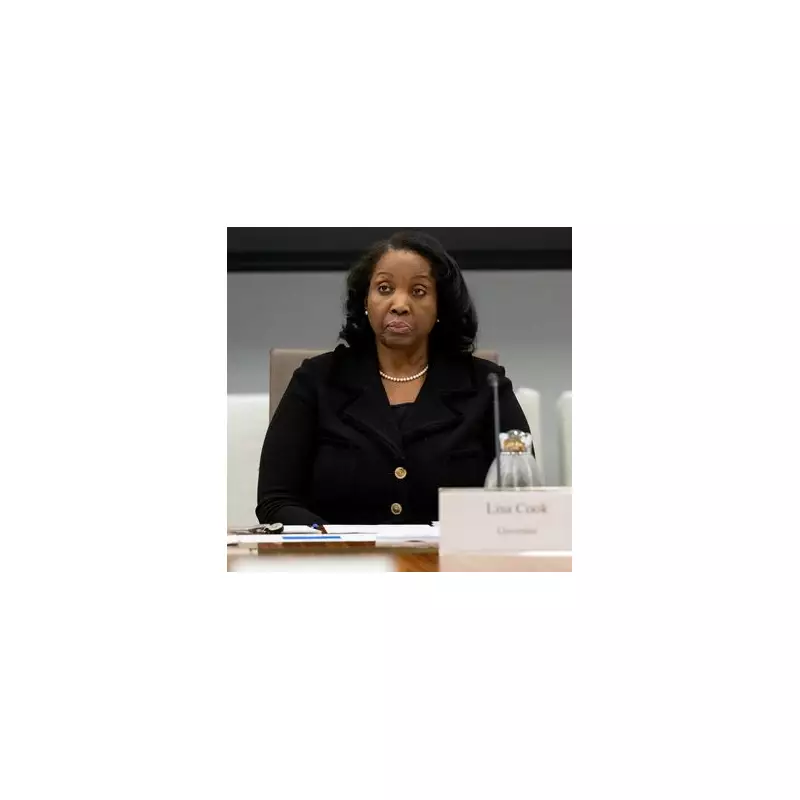
In a bombshell claim that has rocked the financial world, former US President Donald Trump has announced he has terminated Jerome Powell from his position as Chair of the Federal Reserve. The unprecedented declaration was made via the former president's Truth Social platform, directly challenging the long-held independence of the American central bank.
The incendiary post, sent just days before Christmas, read: "I never thought I’d say this, but I was right to fire this guy. He’s terrible!" – a clear reference to the current Fed Chair. This assertion directly contradicts established protocol, as a sitting president possesses no legal authority to dismiss the Fed chair before their term expires, a safeguard designed to insulate monetary policy from political interference.
A History of Public Hostility
This is not the first volley in Trump's long-running feud with Powell. During his presidency, Trump appointed Powell to the role but quickly turned on him, frequently lambasting him on social media for raising interest rates. He famously labelled the Fed and its chair as his "biggest enemy" and accused them of undermining US economic growth.
This latest outburst is seen by many analysts as a deliberate attempt to shape the economic narrative for the 2024 presidential election cycle. By attacking Powell, who is now working under President Joe Biden, Trump aims to position himself as a critic of current economic policy, despite recent efforts to curb inflation.
Market Jitters and Constitutional Questions
While immediate market reactions were muted, economists and political commentators have expressed deep concern. Such a public attack from a likely presidential candidate on the independence of the Federal Reserve creates significant uncertainty and could spook international investors.
More fundamentally, Trump's claim raises alarming constitutional questions. The Federal Reserve is designed to operate free from political pressure to ensure economic decisions are made for the long-term health of the economy, not short-term political gain. Trump's statement is being widely interpreted as a threat to this foundational principle should he return to power.
The White House has yet to issue a formal response, leaving a vacuum filled with speculation about the future of US economic stability and the norms that have long governed it.




